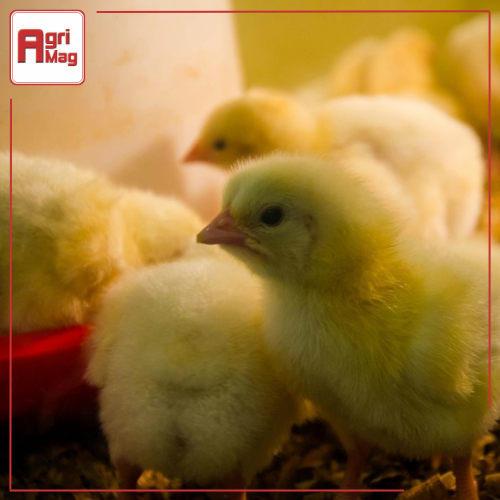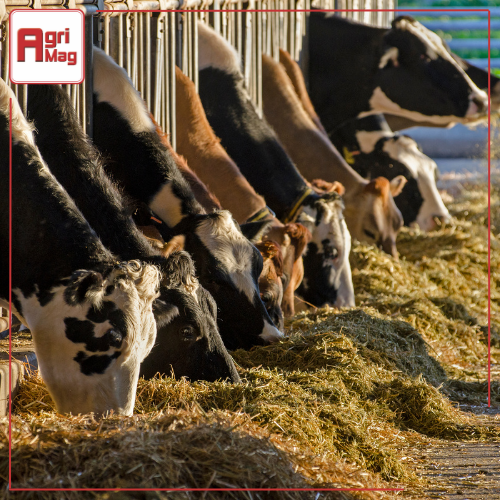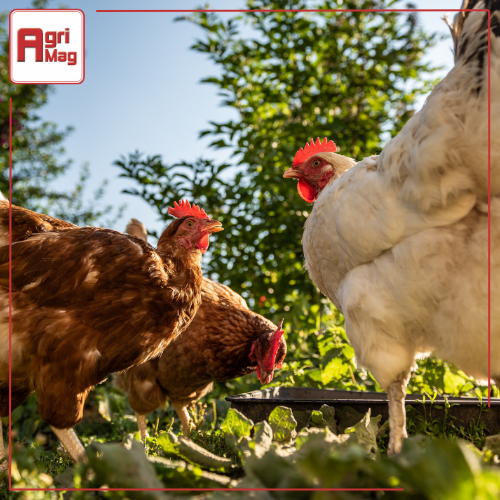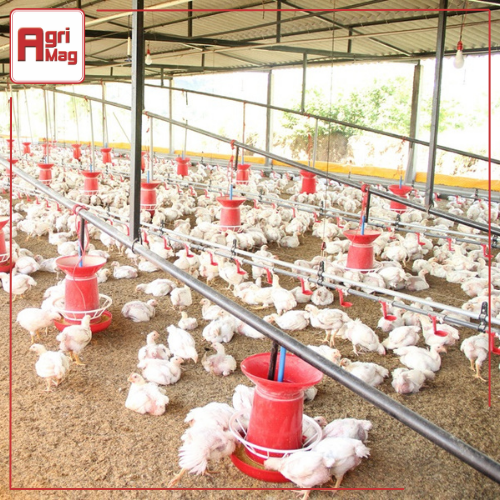
Success Tips for Hatching Healthy Chicks in South Africa
Date: 09/01/2023
Hatching healthy chicks is a rewarding process that requires careful attention to detail and adherence to best practices. In South Africa, with its unique climate and environmental conditions, it's essential to follow specific guidelines to ensure the successful hatching of strong, healthy chicks. This article will provide you with valuable tips and insights to help you achieve the best results in your hatching endeavors. Start your search for Livestock, Wildlife and Poultry on AgriMag.

Tips for Hatching Healthy Chicks
Selecting the Right Eggs
The foundation of hatching healthy chicks begins with choosing the right eggs. It's crucial to source eggs from healthy, well-nourished hens. Look for eggs that are clean, free from cracks, and of uniform size and shape. Eggs should ideally be no older than 7 days for optimal hatchability.
Proper Storage and Handling
Once you've selected your eggs, proper storage and handling are key. Store eggs in a cool, humid environment with the pointed end facing down. The ideal storage temperature is between 12°C and 15°C with a relative humidity of around 70-80%. Avoid sudden temperature changes and handle the eggs gently to prevent damage.
Choosing the Right Incubator
Selecting a high-quality incubator is crucial for hatching healthy chicks. Whether you choose a manual or automatic incubator, it should be capable of maintaining stable temperature and humidity levels. Automatic incubators are often preferred as they turn the eggs automatically, ensuring even heating and development.
Read: Factors to Consider When Choosing and Buying an Egg Incubator
Setting the Ideal Temperature and Humidity
Maintaining the correct temperature and humidity levels is vital throughout the incubation process. For most chicken eggs, the optimal temperature is around 37.5°C (99.5°F). Humidity should be kept at 40-50% for the first 18 days, increasing to 65-75% during the final days before hatching. Regularly monitor and adjust these levels to ensure a stable environment.

Turning the Eggs
If you are using a manual incubator, you will need to turn the eggs at least three to five times a day to prevent the embryo from sticking to the shell. Continue this practice until day 18, when the eggs should be placed on lockdown, meaning no more turning to allow the chicks to position themselves for hatching.
Candling for Fertility and Development
Candling is the process of shining a light through the eggs to check for signs of fertility and development. Perform candling at least twice during incubation, around day 7 and day 14. Look for visible veins and movement to confirm a viable embryo. Remove any non-viable eggs to prevent contamination and disease.
Preparing for Hatching
As the hatching day approaches, ensure that your hatching area is clean and ready. Increase the humidity in the incubator to help soften the eggshells, making it easier for the chicks to break through. Avoid opening the incubator frequently to maintain a stable environment.
Monitoring the Hatching Process
During hatching, it's important to monitor the process but refrain from intervening too early. Chicks can take up to 24 hours to fully emerge from their shells. Allow them to rest and dry inside the incubator for several hours after hatching before moving them to a brooder.
Setting Up a Brooder
A brooder is essential for keeping your newly hatched chicks warm and safe. Line the brooder with clean, dry bedding such as straw or wood shavings. Provide a heat source, like a heat lamp, to maintain a temperature of around 32°C (90°F) for the first week, gradually reducing the temperature as the chicks grow. Ensure access to clean water and chick starter feed, which is high in protein to support their rapid growth.
Health and Hygiene Practices
Maintaining cleanliness and hygiene is crucial for the health of your chicks. Regularly clean the brooder and replace bedding to prevent the buildup of harmful bacteria. Monitor your chicks for signs of illness, such as lethargy or respiratory issues, and separate any sick chicks to prevent the spread of disease.
Hatching healthy chicks in South Africa requires careful planning, attention to detail, and adherence to best practices. By selecting the right eggs, maintaining optimal incubation conditions, and ensuring a clean and safe environment for your chicks, you can enjoy the rewarding experience of raising strong, healthy birds. With these tips, you'll be well on your way to successful hatching and a thriving flock. Search for Livestock, Wildlife, and Poultry on AgriMag to explore a wide range poultry listing.
Categories:
Common category
Category Search:
Latest articles:

What to Look for When Buying a Skidsteer Loader for Farming

Why Planning Early for the Planting Season Pays Off

Why Winter Feed Management is Crucial for Livestock Health


